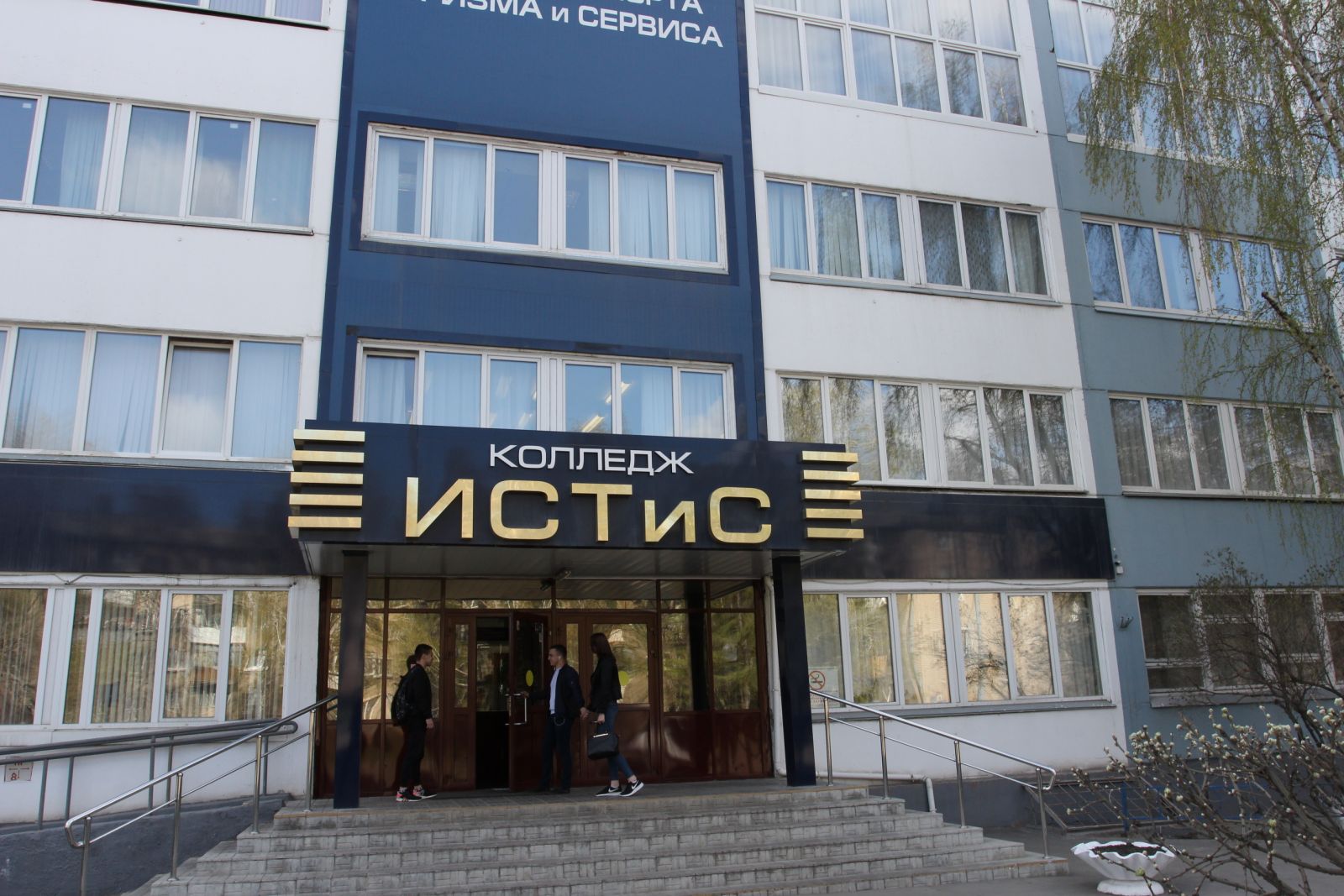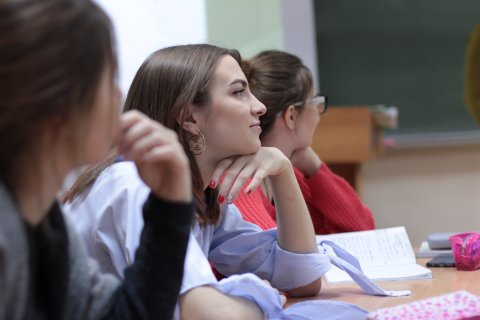South Ural State University would like to invite enrollees to academic programs of intermediate vocational education at the SUSU Multidiscipline College of the Institute of Sport, Tourism and Service. Admissions in 2018 will occur in four majors of intermediate vocational education. All of the majors have state accreditation.
Admissions in 2018 are open in four major areas of intermediate vocational education:
- Programming in Computer Systems; qualification – programming engineer (requires 9-grades education; contract).
- Law enforcement; qualification – lawyer (requires 9- or 11-grades education; contract).
- Tourism; qualification – tourism specialist (requires 9-grades education; contract).
- Hospitality; qualification – manager (requires 9- or 11-grades education; contract).

Director of the SUSU Multidiscipline College of the Institute of Sport, Tourism, and Service:
“The Multidiscipline College has been on the educational market for 43 years, including for 20 years as part of South Ural State University, since the college became part of SUSU in 1997. Each educational organization has its ideology of development. It is what unites people and makes it possible for a society of professionals to become a team. The concept of development for our team is based on understanding the value of people, recognition of their importance and the leading creative role they play in transforming modern society. We systematically create innovative practices which support continuous professional growth for each person and for a team as a whole.”
A guaranteed level of quality of education through creating the conditions for forming professional skills, civic attitude, independence, and the creative activity of future specialists based on supporting the innovative character of the educational process and broadening the participation of employers in all stages of professional education makes it possible to support the high quality of training for students.
Students complete on-the-job training at businesses in Chelyabinsk and the Chelyabinsk Region according to partnership agreements. The social partnerships of the college include a wide spectrum of work with businesses, not limited to practical training and employment.
In close partnership with social partners, students participate in contests of professional mastery. The leaders of businesses and organizations participate in attestation committees and the state exam commission, giving the best students valuable gifts. Diploma projects comply with the needs of employers. Master classes are held for students of the college through the efforts of specialists from these businesses.
Every year we work with graduates to find them employment in promising businesses and in organizations. After graduation, many students find jobs in the same businesses where they completed their practical training and successfully build their professional career. Among them are many famous personas – leaders of the modern labor market.
Those who use the college’s services gain the following benefits:
- State standard diploma from a leading Russian university;
- Education in in-demand fields of intermediate vocational training;
- High level of education based on staff and methodological resources: a large number of pedagogical staff (47 teachers have studied or continue to study) have been covered by the programs of professional retraining and continuing education according to the requirements of the professional standard “Pedagogue of Professional Education”, including training as experts (12 teachers in 7 competencies) for holding demonstration exams in the top 50 professions and as experts for WorldSkills Russia; successful participation and results from teachers’ and students’ participation in contests for professional mastery, including WorldSkills (in two competencies, 1st and 2nd place);
- Modern materials and technical equipment in the classrooms, laboratories, and workshops;
- Unique organization of the academic process with the use of modern teaching techniques (techniques of organizing the classroom space, techniques for collective thought, techniques for pedagogical partnership, rating techniques, individual-based techniques, elements of dual education (organization of academic and industrial training based on businesses in the field), certification of staff and students, and so on;
- Stable partnership with social partners who organize events, provide the locations of practical training, participate in rating the level of preparedness of graduates, and act as external reviewers of work programs, methodological developments, and diploma projects;
- Flexible and democratic style of management;
- High level of innovation of the academic process;
- Conditions for supporting the continuation of education in intermediate vocational education or in higher education.
To enroll, applicants must present two documents: proof of the appropriate level of education and passport. Enrollment occurs per grade point average. Upon enrollment in the “Law Enforcement” program, physical education tests are held.




